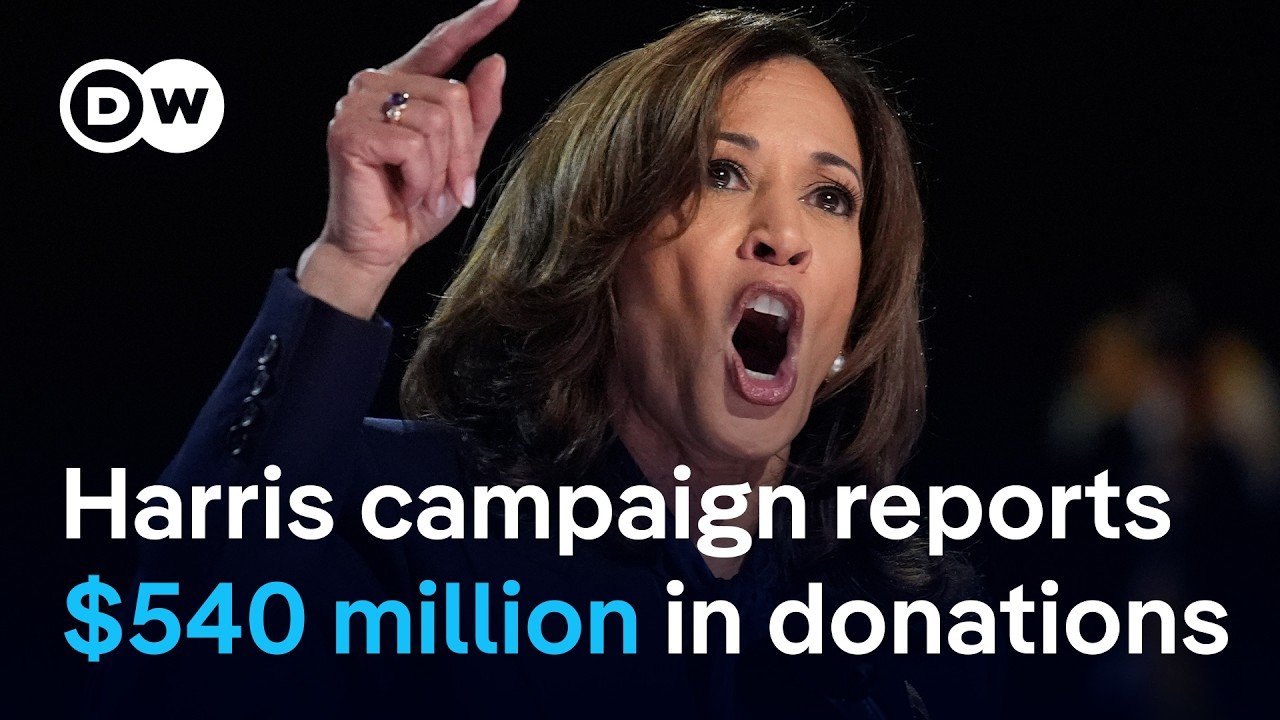- Vice President Kamala Harris’s campaign has raised over half a billion dollars, with nearly a third of donations coming from first-time contributors.
- Former President Donald Trump’s campaign reported having more than $300 million on hand at the start of the month.
- The escalating cost of presidential campaigns has risen from a few hundred million dollars in 1980 to nearly 4 billion in 2020.
- Funding for campaigns comes from individuals, corporations, and flows into political action committees (PACs) and super PACs, which have different regulations regarding donations and spending.
- Despite significant spending, the outcome of elections does not always correlate with the highest spender, as demonstrated in several past elections where the candidate who spent more money lost.
- Rising partisanship and the decreasing effectiveness of TV ads are among the factors diminishing the impact of campaign spending on election outcomes.
- Donors give money for various reasons, including supporting their preferred candidate, gaining influence, or backing the winner for future benefits.
- Political polarization and the ideological motivations of donors are contributing to the polarizing effect of money in politics.
- The American public generally dislikes the current state of campaign financing, viewing it as corrupt, but there is resistance to public financing of elections.
- Reforming the campaign finance system is challenging due to political divisions and the different preferences of the Democratic and Republican parties.
DW News is a global news TV program broadcast by German public state-owned international broadcaster Deutsche Welle (DW).
AllSides Media Bias Rating: Center
https://www.allsides.com/news-source/deutsche-welle-media-bias
Official website: https://www.dw.com
Original video here.
This summary has been generated by AI.

Leave a Reply